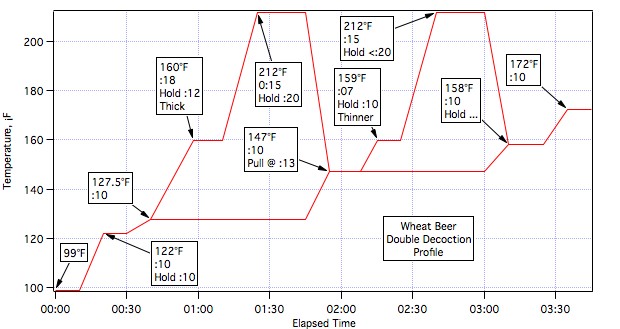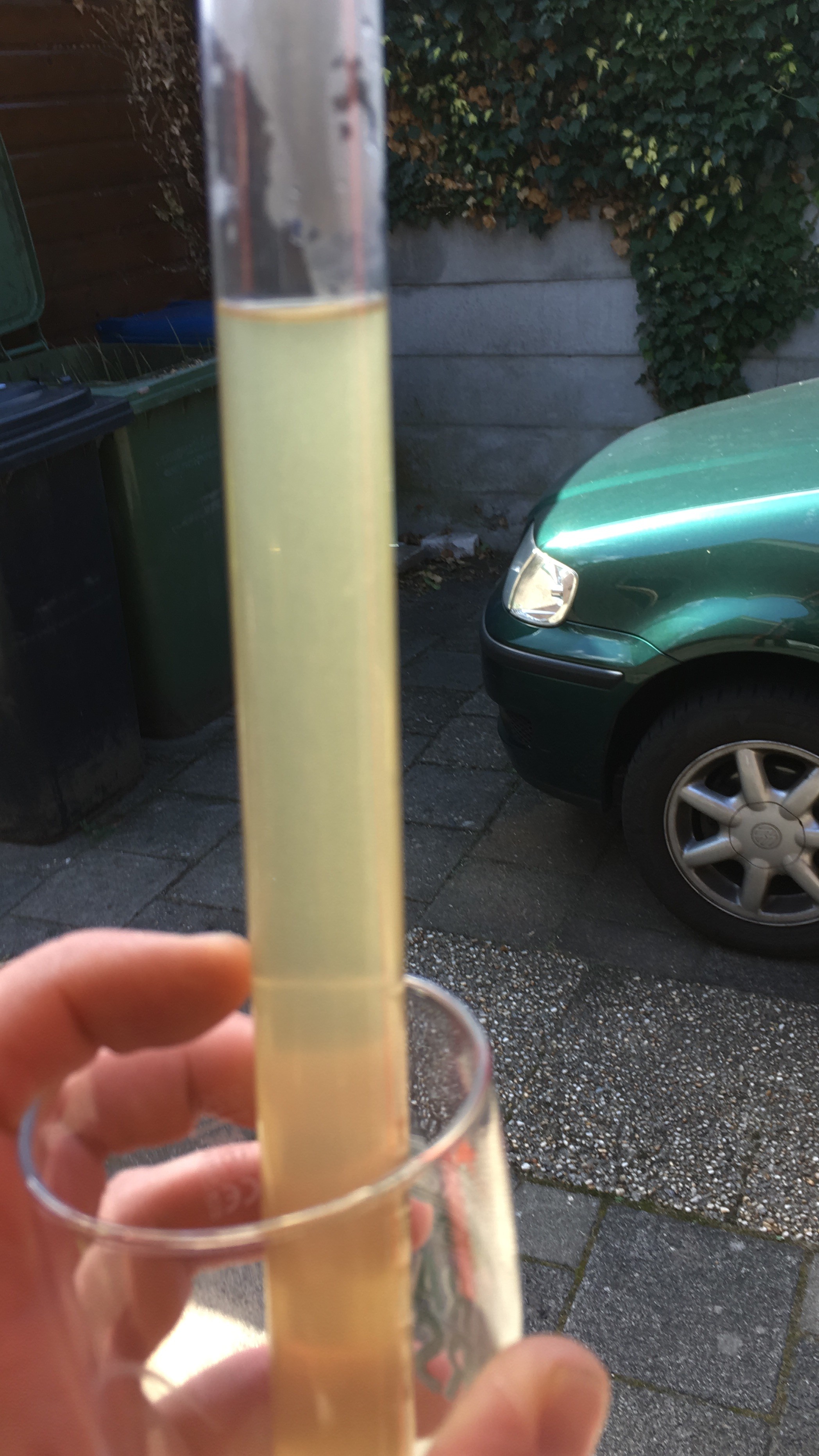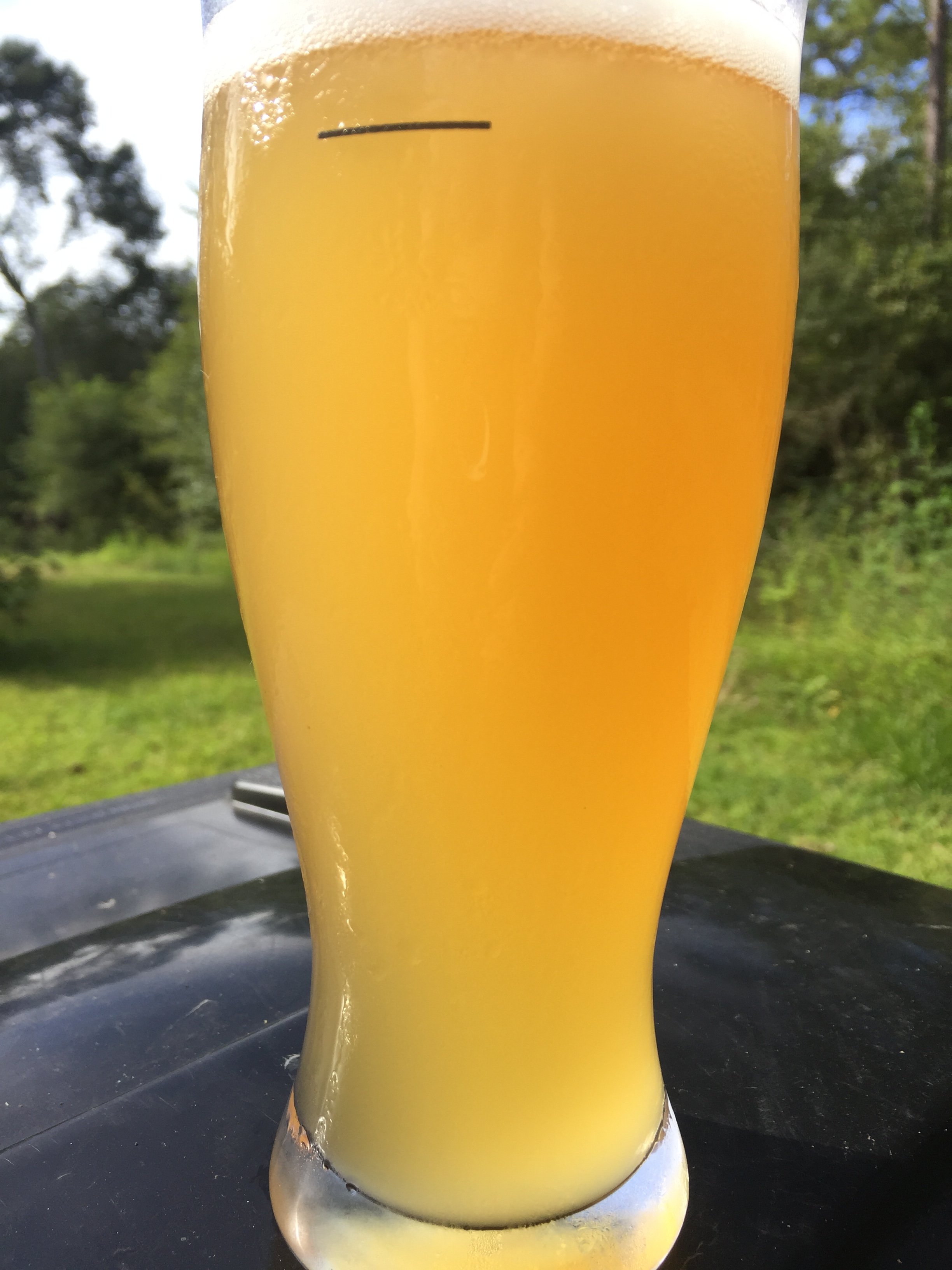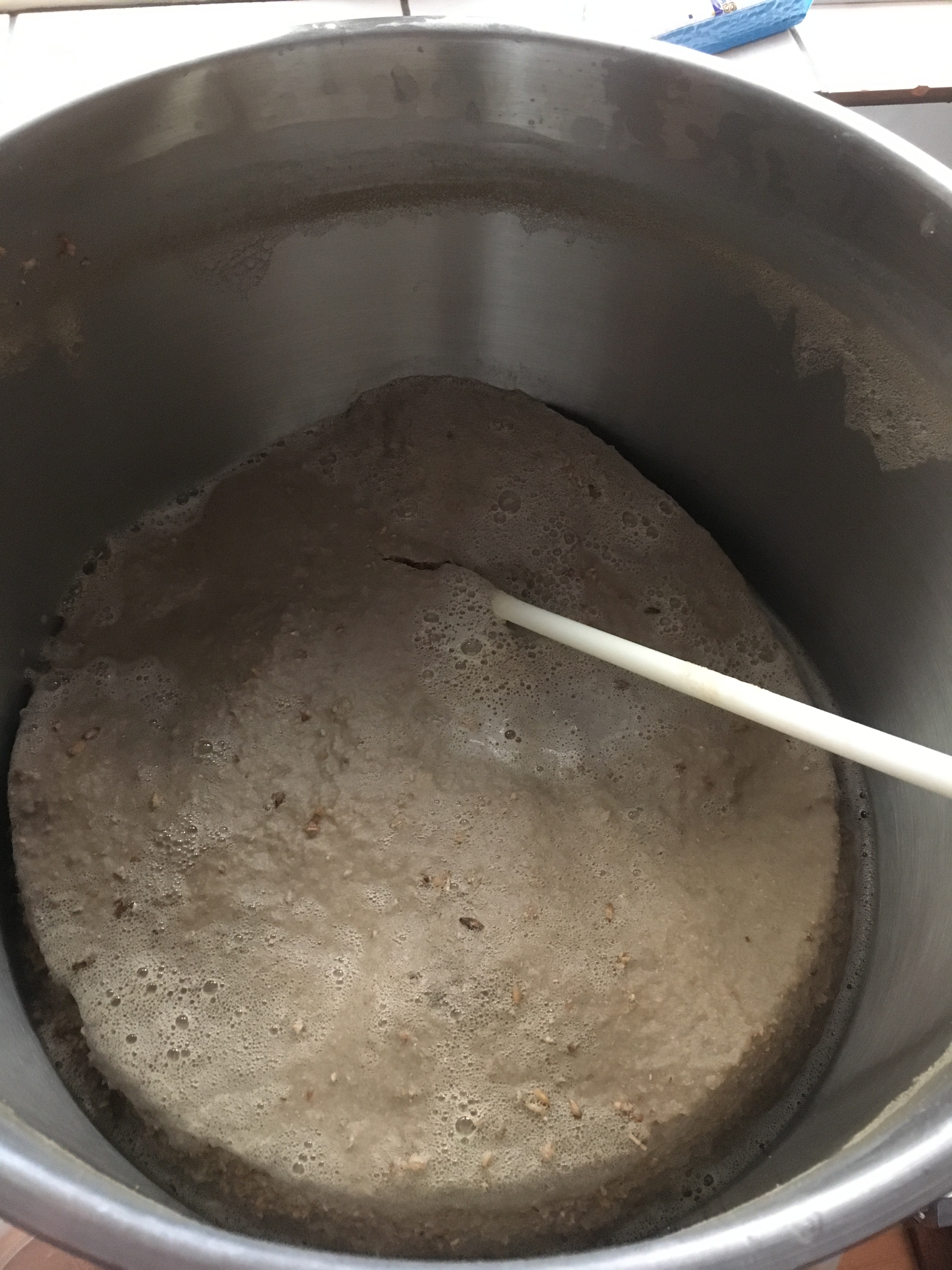Remos112
Well-Known Member
So yesterdat I bought a kit for 20 liter Witbier containing the following:
Pilsener malt
Wheat malt light
Flaked wheat
Flaked oat.
I have brewed Wheat in the past, but those were all extracts. The kit supplies the following mashing schedule:
50C 15 min
62C 45 min
72c 30 min
78C 5 min
Seriously 95 minutes of mashing? That sounds awfully long! Is this because it is a wit and it needs some special mash, or is this excessive, and if so, who can give me a better/shorter schedule. It also calls fo a 90 minute boil wich I always do with any Pilsener malt beer. But boy this is a time consuming brew if I follow everything to the letter.
Looking forward to your opinions,
Greetings Remi
Pilsener malt
Wheat malt light
Flaked wheat
Flaked oat.
I have brewed Wheat in the past, but those were all extracts. The kit supplies the following mashing schedule:
50C 15 min
62C 45 min
72c 30 min
78C 5 min
Seriously 95 minutes of mashing? That sounds awfully long! Is this because it is a wit and it needs some special mash, or is this excessive, and if so, who can give me a better/shorter schedule. It also calls fo a 90 minute boil wich I always do with any Pilsener malt beer. But boy this is a time consuming brew if I follow everything to the letter.
Looking forward to your opinions,
Greetings Remi







































![Craft A Brew - Safale S-04 Dry Yeast - Fermentis - English Ale Dry Yeast - For English and American Ales and Hard Apple Ciders - Ingredients for Home Brewing - Beer Making Supplies - [1 Pack]](https://m.media-amazon.com/images/I/41fVGNh6JfL._SL500_.jpg)




















